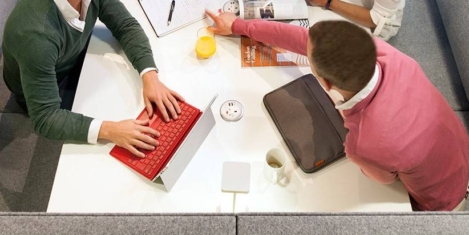April 10, 2019
The growing urbanisation of work and workplaces 0
 The question of what makes a city great is an old one but has never been asked more than it is right now. It is usually couched in terms of the urbanisation of large parts of the world but it is important for other reasons too, not least because the urban environment is an increasingly important part of the virtual workplace many of us now inhabit and offices themselves increasingly resemble the agglomeration of spaces we have typically associated with our towns and cities. Recently, McKinsey published a report into urbanisation, based largely on the usual premise of the proportion of the world’s people involved, but it is an issue that touches all of our lives and in unexpected ways.
The question of what makes a city great is an old one but has never been asked more than it is right now. It is usually couched in terms of the urbanisation of large parts of the world but it is important for other reasons too, not least because the urban environment is an increasingly important part of the virtual workplace many of us now inhabit and offices themselves increasingly resemble the agglomeration of spaces we have typically associated with our towns and cities. Recently, McKinsey published a report into urbanisation, based largely on the usual premise of the proportion of the world’s people involved, but it is an issue that touches all of our lives and in unexpected ways.










 A new, nationwide study released today, has revealed over a quarter (28 percent) of Britons feel their phone or social media addiction is actively stopping them living life to the full, with as many as 83 percent saying they are desperate to spend more time in the real world, according to the report commissioned by the photographic tech company
A new, nationwide study released today, has revealed over a quarter (28 percent) of Britons feel their phone or social media addiction is actively stopping them living life to the full, with as many as 83 percent saying they are desperate to spend more time in the real world, according to the report commissioned by the photographic tech company 





















April 11, 2019
What lift design tells us about who we are and how we work
by Mark Eltringham • Comment, Facilities management, Workplace design
(more…)